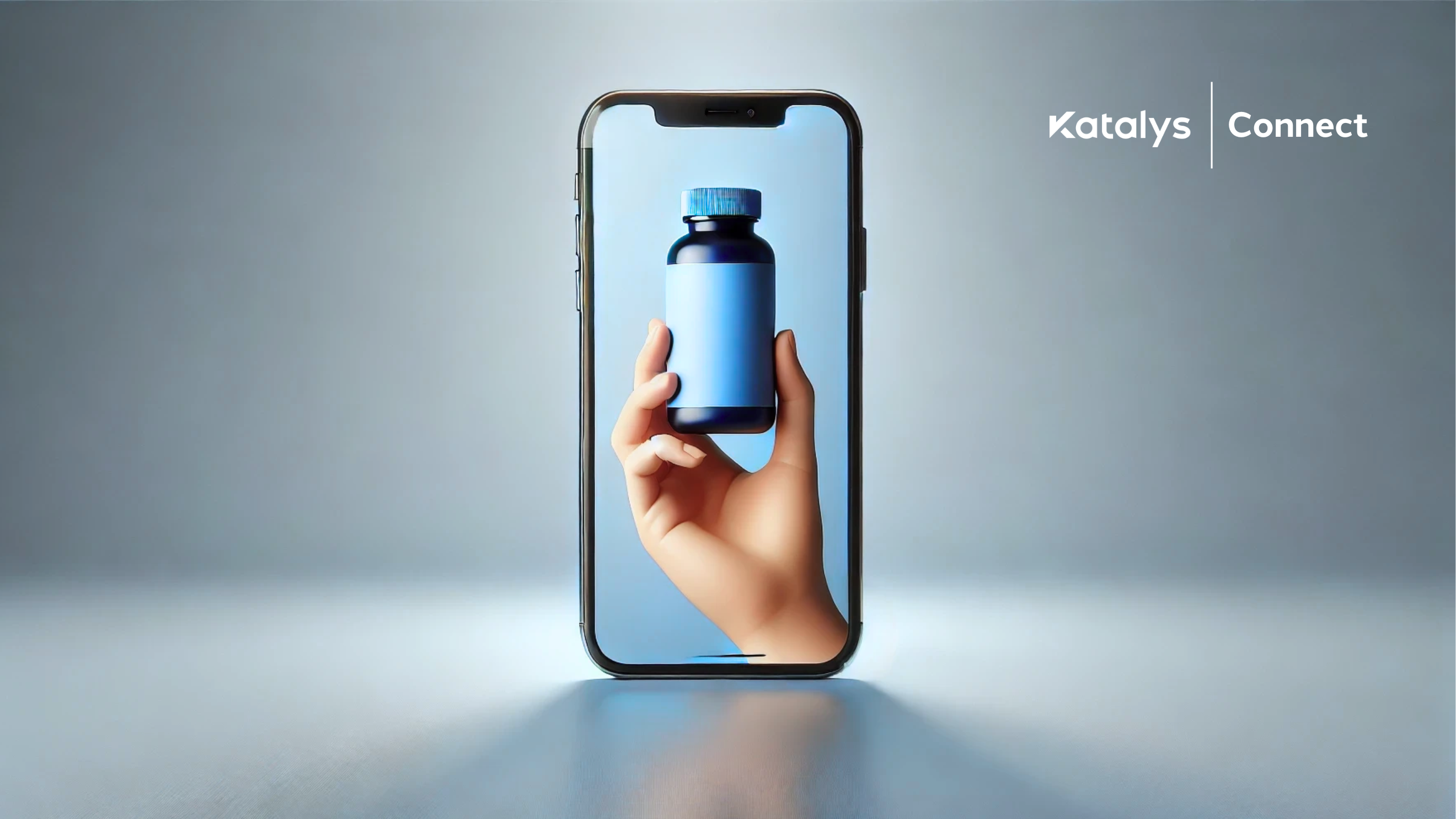Welcome to Katalys Connect – your weekly shortcut to the latest in performance marketing.
[Read time: 4 minutes]
What’s in this issue? Each Tuesday, we pack the latest trends, actionable insights, and industry breakthroughs into a quick read – ensuring you’re not just keeping up, you’re staying ahead.
- Monetization: Discover how AI bots clash over data, Google’s Reddit-favoring updates prompt new strategies and affiliate sites must adapt to brand search focus to maintain visibility and revenue.
- Growth: Explore TikTok’s new teen ad rules, ongoing data activation bottlenecks, and the fine line between ID bridging and spoofing.
- The Future of Commerce: Learn about Klarna’s partnership with Adobe Commerce aiming to boost BNPL services, E.l.f. Beauty merging physical and digital sales on Roblox and common complaints from online shoppers – highlighting the need for improved user experiences.

Brands Search Fuels Rankings • Google’s latest core update emphasizes brand search, leaving many small affiliate sites struggling with lost traffic and visibility.
- Brand search occurs when users specifically search for a brand after encountering the content elsewhere, indicating a strong connection between messaging and audience engagement.
- Smaller sites must now integrate PR and SEO efforts to influence audience behavior and drive brand searches to compete with larger sites.
Google Upvotes Reddit • Long-tail search queries are increasingly directed to Reddit, highlighting a shift towards community-driven content and search results.
- Marketers and publishers are adjusting to Google’s frequent algorithm changes by developing strategies that reduce dependence on Google, emphasizing the importance of diverse traffic sources.
- The trend towards trusted communities like Reddit highlights a shift in digital marketing, where storytelling through creators and communities is key to brand growth.
AI Bot Showdown • AI bots are clashing on the web, battling for control over the most valuable commodity of the AI era: data.
- Cloudflare, the infrastructure and security firm used by 1 in 5 websites, introduced a new service last week that protects clients by implementing a one-click tool to block AI bots, protecting valuable website content and escalating the battle for data control.
- The increasing reliance on AI for both data harvesting and protection highlights the growing complexity of online data security, with major players like Microsoft and OpenAI involved in the conflict.

Safe Ad Zones • TikTok has implemented new restrictions on ads targeting teens and introduced AI disclosure requirements to improve transparency and user control.
- Advertisers on TikTok can no longer use personalized targeting for teens, restricting options to broad categories like location, language, and device information to protect young users.
- New AI disclosure rules require advertisers to label AI-generated ads, ensuring users can identify when interacting with digital personas instead of real people.
The Great Data Divide • Despite a shift away from third-party data, 61% of marketers still rely on it – facing challenges in data activation and personalization.
- The phase-out of third-party cookies and fragmented approaches to personalization make it challenging to unify and effectively use customer data.
- Marketers face bottlenecks in leveraging real-time data, with 59% needing IT assistance and only 32% fully satisfied with their personalization efforts.
Bridging Data, Avoiding Spoofing • ID bridging and ID spoofing share tactics but differ greatly in intent and transparency, impacting ad revenue and trust.
- ID bridging uses user signals like emails and device IDs to accurately identify individuals while ID spoofing leads to deceptive ad transactions and potential financial losses for brands.
- Understanding the difference between ID bridging and ID spoofing is crucial for maintaining transparency, trust, and effectiveness in programmatic advertising.

Online Shopping Woes • Despite high expectations, 49% of online shoppers complain about problems online, from site search problems to irrelevant product recommendations.
- Consumers crave easier navigation with 44% saying that easily finding what they’re looking for in just a few clicks greatly enhances their perception of a brand.
- Slow or error-prone websites drive customers away, with 81% of marketers acknowledging that speed influences conversion rates.
Beauty Meets Gaming • E.l.f. Beauty recently introduced a virtual kiosk on Roblox, merging physical and digital product sales in an immersive virtual environment.
- E.l.f.’s Roblox presence is a hit, surpassing other beauty brands and aiming for over 13 million visits, showcasing its popularity and engagement.
- Other beauty brands are tapping into Roblox’s Gen-Z user base, who are familiar with virtual beauty products, to seamlessly integrate real-world sales and virtual experiences.
Pay Later, Shop Smarter • Klarna partnered with Adobe Commerce to offer buy now, pay later services to more merchants, providing customers greater payment flexibility.
- Despite economic challenges, buy now, pay later (BNPL) services have seen over 11% growth this year, as many consumers use them to manage tight budgets and spread out payments.
- Recent research shows that “financially fragile” consumers use the buy now, pay later services and “appear to have embraced BNPL as a regular payment option.”



